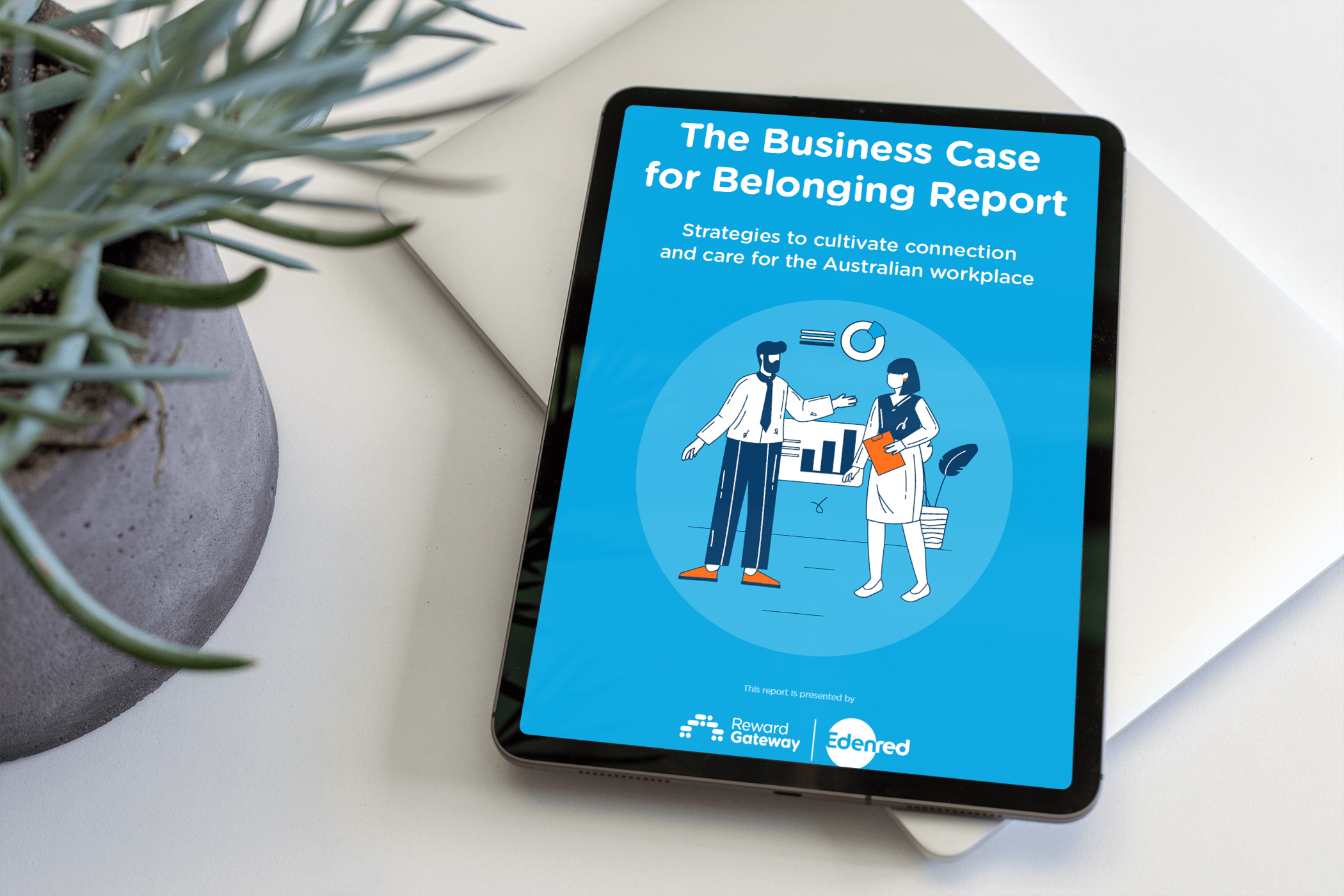Many people leaders may attribute their recent disconnection issues with the upheaval of the last few years and the rise of hybrid and remote working.
But this might not be the case with our research uncovering that working model doesn’t significantly impact key connection metrics like:
|
Office-based employees |
Hybrid employees |
Fully remote employees |
|
|
Feel disconnected from their colleagues |
26% |
27% |
22% |
|
Concerned about their work scope and responsibilities |
38% |
36% |
27% |
|
Concerned about their relationship with colleagues |
25% |
23% |
9% |
|
Comfortable sharing their personal struggles and feelings with colleagues |
51% |
50% |
50% |
We can see that hybrid and remote employees are less concerned about their work scope and relationships with colleagues, while remote employees in particular feel less disconnected from their teammates and are significantly less concerned about those relationships.
Additionally, approximately one in two surveyed Australian employees feel comfortable sharing their personal struggles and feelings with their co-workers, so the workplace setting seems to have no impact on that.
67% say they can effectively collaborate and build connections with their colleagues, regardless of the work arrangement (remote or face-to-face).
This is heartening to see, showcasing that strong connections and community building is possible no matter what workforce your organisation employs. Take the time to consider how your people connect and communicate and how these bonds can be strengthened through systems and tools that work with their current working style, not against it.

Prioritise open communication in your systems and strategies
Promoting open communication channels is crucial for fostering connection in the workplace.
Encouraging feedback, both upward and downward, creates a culture of transparency and trust, enabling employees to voice their opinions and concerns freely.
This can be facilitated through regular team meetings, suggestion boxes, pulse surveys or other anonymous feedback mechanisms, allowing employees to feel heard and valued.
65% of Australian employees state that leadership that supports open and honest communication is a must-have.
In addition to formal channels, informal interactions play a significant role in building connections among colleagues. Providing communal spaces such as break rooms or designated collaboration areas encourages spontaneous conversations and idea-sharing, fostering a sense of camaraderie among coworkers. Recognising and celebrating achievements, whether big or small, further strengthens bonds within the workplace, reinforcing a culture of appreciation and support.
Add connection to the agenda
Connecting with someone on a personal level is almost always enjoyable. But it's also an effective (and free) way to combat disconnection. Setting aside time and space for non-work-related conversations with colleagues and prioritising regular face-to-face contact with your team is a great way to build connection and community.
Connecting can be personal or professional; light or more in-depth; across roles, levels and departments. A simple first step is to encourage managers to start meetings with a few moments of light conversation or a story. Chatting for five minutes is not a waste of time, it’s an investment in relationships.
At Reward Gateway, we encourage employees to set up one-on-ones with people within and outside their departments. These check-ins focus on personal and professional topics to build relationships and make working together easier and more fun.
Nurture community through mentoring
Mentoring programs help mentees gain new skills, insight into work culture and guidance from an experienced professional. But mentors benefit from these programs as well, gaining leadership experience, recognition of their expertise and new learnings from their mentees.
Whether you focus on connection between departments and roles, or multigenerational support (younger employees gaining insight in their first workplace or older employees re-entering the workforce), mentor/mentee relationships are a great way to build connections on a deeper level.
Create a digital space to share both professional and personal progress
By designating a ‘digital campfire’ that can act as a one-stop shop or hub for all employees, you’re not only ensuring communication is accessible and consistent but showing your people that the things they’re excited about and working towards are valuable for both them and their company.
This link can help your people understand the company’s goals and how their work contributes to that shared vision. Our research found that 27% of Aussie employees say that seeing the contribution of their work makes them feel more productive, so help them see that connection.
Discover more insights from our Reward Gateway research with our latest report below.
 Laura O'Connell
Laura O'Connell





